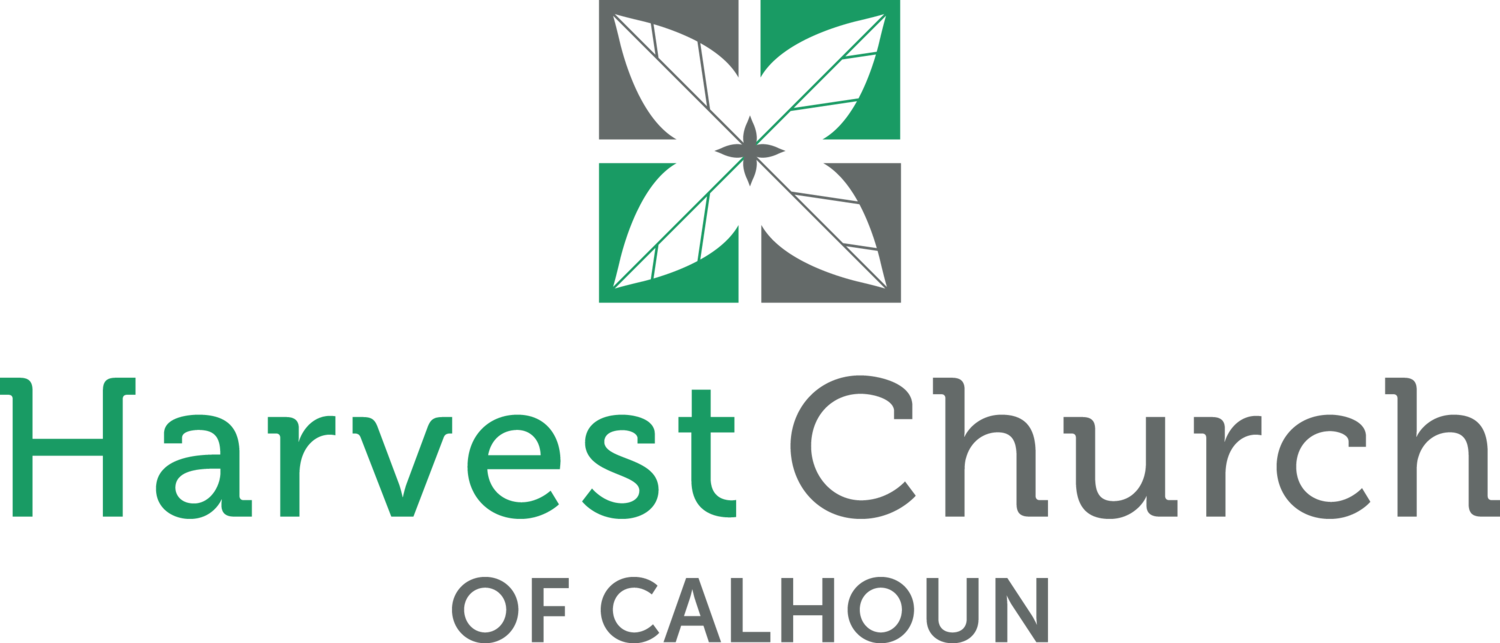Whenever you Fast
Immediately on the heels of teaching his disciples how to pray, Jesus says:
“Whenever you fast, don’t be gloomy like the hypocrites. For they make their faces unattractive so that their fasting is obvious to people. Truly I tell you, they have their reward. But when you fast, put oil on your head and wash your face, so that your fasting isn’t obvious to others but to your Father who is in secret. And your Father who sees in secret will reward you.” Matthew 6:16-18
I’ll note just a couple of things here. First, the way Jesus introduces fasting is exactly the same as the way he introduces prayer in the immediately preceding passage. Verse 5 says “whenever you pray…” and verse 16 says “whenever you fast…” I take that to mean that Jesus’ expectations are the same for both disciplines. Do you think Jesus expects you to pray? It would be unthinkable to imagine a Christian that didn’t pray. Of course Jesus’ followers talk to him. That should go without saying. That’s why Jesus says “whenever you pray,” not “if you pray” or “if you’re looking for something to do and are thinking about praying.”
Do we view fasting the same way? I think we should. Granted, by virtue of what it is, Christians will not be fasting as frequently as they are praying. But I believe fasting should be a normal part of the Christian life. So what is fasting? And what is its purpose?
What is Fasting?
In short, I would define fasting as giving something up for a spiritual purpose. Most commonly in the Bible, this is food and/or water for the purpose of supplication, or asking God for something. I don’t think fasting’s function is limited to supplication nor is its object limited to food. Any time you give something up that’s precious to you for a spiritual purpose, that’s fasting. That purpose could be to know God deeper. It could be so that God would reveal sin in your life. It could be to make you aware of how much he’s blessed you.
So where do you start with fasting? First, pick a purpose. Then pick a thing from which to fast. Food is the best place to start if it is medically safe for you to do so. Try giving up everything but water for 24 hours. Then what? Let your craving serve you. Every time your stomach growls, let that be a reminder of why you’re fasting. Is it to ask God for wisdom for a big decision? Thank God for providing for you and pray for that every time you get the desire to eat. As the day goes on, you’ll become more and more cognizant of your dependance on God and you should find yourself in prayer much more often than normal.
Can’t Live Without It
What else can you fast from besides food? To answer that, ask yourself: what do I crave? Cigarettes? My favorite show before you go to bed? Scrolling through Facebook? My morning coffee? What is it that I cannot live without? What is it that I have to have? When you identify that, then you’ve found a great place to start. The deeper you “need” it, the more the craving will serve to remind you of your dependence upon God.
How long should you fast? Fasts from one day to 40 days are seen in scripture, though once again, I do not recommend anything that’s not medically safe. If you’re unsure, then consult a doctor. Modern medical technology is a great gift from God and we should take advantage of it.
I desire Nothing But You
Ultimately, fasting is an act of worship because we’re demonstrating that God is enough. Ultimately, we can live without everything but one thing: our God. We want to be able to say with the Psalmist “Who do I have in heaven but you? And I desire nothing on earth but you. My flesh and my heart may fail, but God is the strength of my heart, my portion forever. Those far from you will certainly perish; you destroy all who are unfaithful to you. But as for me, God’s presence is my good. I have made the Lord God my refuge, so I can tell about all you do.” Psalm 73:25-28.
